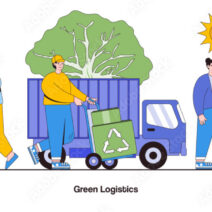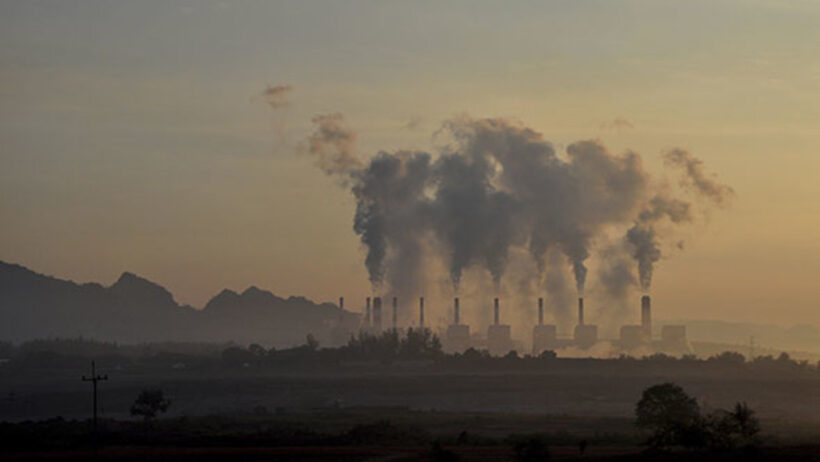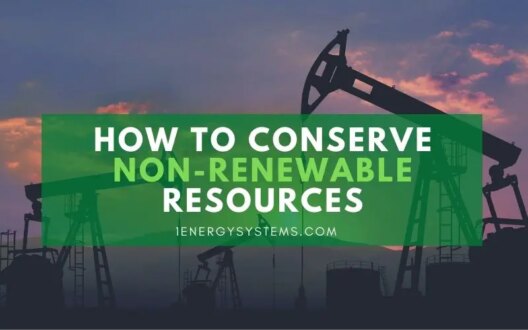The nexus between energy companies and global warming has become increasingly prominent in contemporary discourse, prompting a critical examination of corporate accountability and environmental stewardship. As the specter of climate change looms larger, understanding the intricate interplay between these entities and their environmental responsibilities is paramount. Energy companies have not only been significant contributors to greenhouse gas emissions but have also fostered a narrative that often downplays their role in exacerbating global warming.
At the forefront of this issue is the fossil fuel industry. Oil, natural gas, and coal extraction and consumption are major sources of carbon dioxide and methane emissions, the two primary greenhouse gases driving climate change. The data is unequivocal: fossil fuels account for around 75% of global greenhouse gas emissions. This statistic underscores the considerable task energy companies face as they grapple with both their operational impacts and their public perception.
Furthermore, energy companies often engage in a concerted effort to shape public policy and opinion regarding their contributions to climate change. This influence manifests in various ways, including lobbying efforts that seek to weaken regulatory frameworks intended to mitigate emissions. Such activities often foster an environment where environmental regulations are seen as impediments to economic growth, rather than necessary measures to preserve planetary health.
Skepticism surrounding climate science has historically been propagated by these companies, resulting in a fragmented discourse on the veracity of climate change. By financing think tanks and engaging in public relations campaigns that cast doubt on established scientific consensus, energy companies have effectively subverted accountability. Their attempts to obfuscate the reality of their environmental impact generate confusion and hinder collective action against climate change.
In contrast to this narrative, an emergent discourse advocates for accountability within the energy sector. Prominent organizations and activists are calling for transparency in emissions reporting and demanding that energy companies adhere to more stringent climate commitments. Moreover, financial markets are beginning to recognize the potential for stranded assets within companies that fail to transition to renewable energy sources. Investors are increasingly scrutinizing environmental, social, and governance (ESG) metrics, prompting energy companies to rethink their operational paradigms.
The commitment to renewable energy sources has gained traction, as companies strive to pivot away from fossil fuels. However, the extent of this transition raises critical inquiries about sincerity and efficacy. Are energy companies genuinely embracing sustainable practices, or are they merely capitalizing on the growing public appetite for clean energy? The convergence of profit motives and environmental responsibility necessitates a critical assessment of how these companies define and implement their sustainability strategies.
Moreover, some energy companies have resorted to “greenwashing,” a term that describes the practice of misleading consumers regarding the environmental practices of an organization. By presenting minimal environmental initiatives as substantial commitments, companies risk undermining genuine efforts toward sustainability. Such tactics not only delay meaningful action but also jeopardize consumer trust, ultimately hampering progress in the fight against climate change.
International agreements, such as the Paris Accord, have compelled many nations to commit to ambitious greenhouse gas reduction targets. Nevertheless, the focus must now shift to energy companies and their accountability to these milestones. Regulators and citizens alike must demand that these organizations not only comply with international standards but also lead the way in innovative energy solutions. Concrete metrics of accountability must be established, enabling stakeholders to evaluate the progress made by energy companies toward achieving their climate commitments.
As we interrogate the evolution of energy policies and corporate practices, a comprehensive strategy emerges: collaborative action. Partnerships between governments, non-governmental organizations, and the private sector are essential for fostering accountability in the energy industry. Engaging all stakeholders, including marginalized communities disproportionately affected by environmental degradation, is vital in co-creating solutions that equitably address the climate crisis.
Accountability in the energy sector should not be viewed solely through the lens of compliance; it should embody a transformative ethos that redefines industry norms. This requires embracing new technologies, innovating energy solutions, and prioritizing ecological sustainability over short-term profits. By approaching energy production and consumption through a multifaceted lens, a more resilient and responsible energy sector can emerge.
Investment in research and development is crucial as the world transitions toward sustainable energy models. Advancements in solar, wind, and energy storage technologies present unprecedented opportunities for energy companies to pivot away from fossil fuels. Strategic partnerships with innovators in the clean energy sector can lead to new business models that prioritize environmental stewardship while enhancing profitability.
As the conversation on climate change evolves, the influence of energy companies must be scrutinized through an unyielding lens of accountability. The urgency of the situation cannot be overstated; every fraction of a degree in increased global temperatures has profound implications for humanity and the natural environment. Energy companies have a responsibility to align their operational practices with scientific recommendations, ensuring a sustainable future for generations to come.
Through enhanced accountability, we can construct a future where energy companies are not merely contributors to climate change but are pivotal players in the solution. As citizens advocate for transparency and corporate responsibility, the energy landscape can shift toward resilience and sustainability—paving the way for a healthier planet. The time for action is now, and the imperative for accountability resounds louder than ever in the collective consciousness of society.








